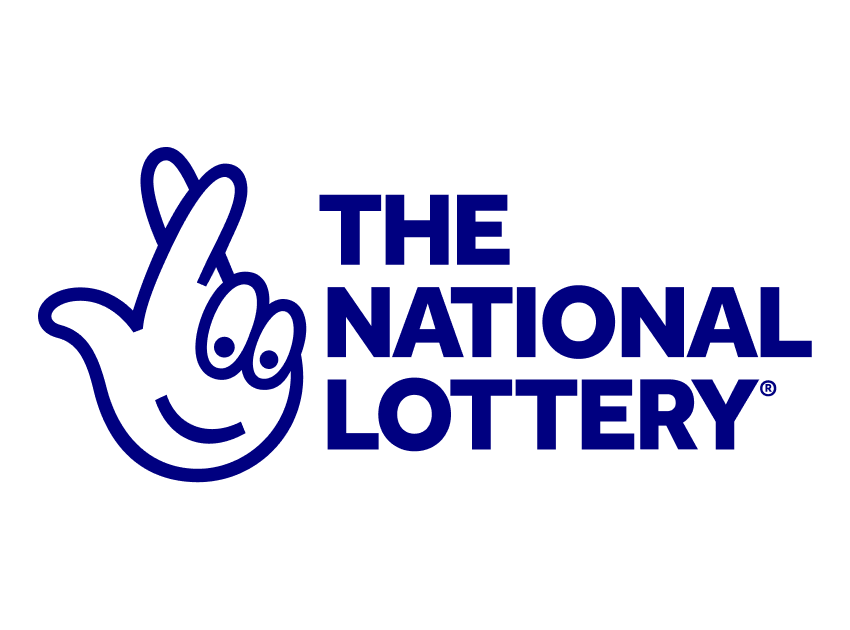
The lottery is a game of chance that has been around for centuries. It has been used to raise funds for a wide variety of public purposes. In the US, it is used to fund colleges, libraries, roads, bridges, fortifications, and more.
When the United States was a colony of the UK, lottery games began to make their way over the pond. There were many private lotteries held to raise money for the Virginia Company of London, which was supporting the settlement of America at Jamestown.
A few colonies also used lotteries during the French and Indian Wars. George Washington, for example, managed a lottery called the Mountain Road Lottery, which was unsuccessful. He wrote that the risk was small and the gain was great.
A lottery syndicate is a group of people who pool their money to buy tickets. This allows for higher odds of winning. If the syndicate does win, all participants share the prize.
Some popular lotteries have made headlines with a large jackpot. The Mega Millions, for example, awarded a six-figure prize to a woman in 2016. Powerball, on the other hand, has given the winner a $40 million jackpot.
The first known European lottery was held during the Roman Empire. The Romans called the game “drawing of lots.” Several colonies were used in the early American colonies.
In 1755, the University of Pennsylvania was financed with the Academy Lottery. King James I granted the right to hold a lottery in England.